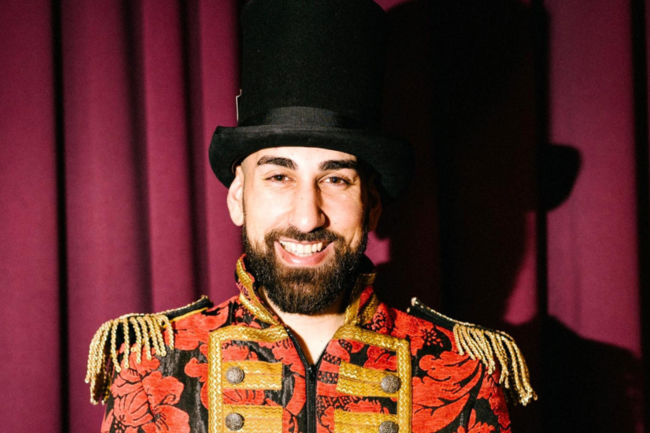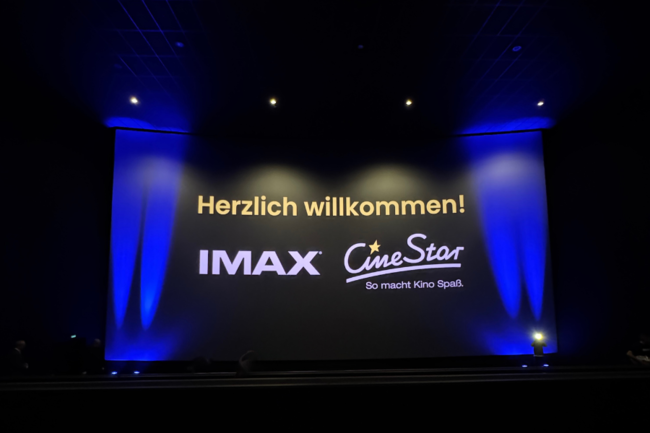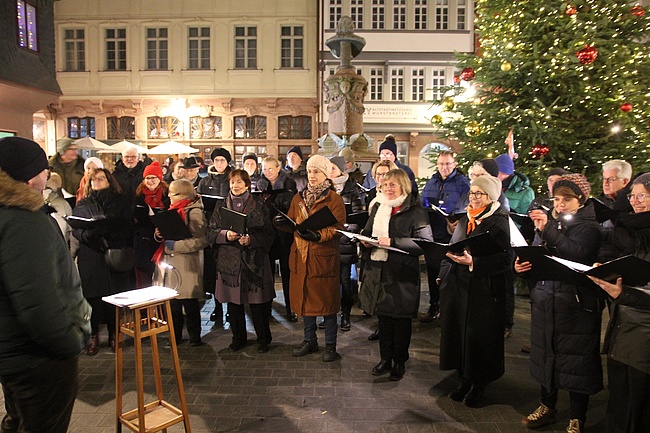Two years ago, in order to deepen the cooperation between Frankfurt Zoo and Goethe University, it was decided to establish an endowed professorship for "Zoo/Wild Animal Biology and Systematics". Now this plan has been successfully implemented with the appointment of amphibian expert Dr. Lisa Maria Schulte. The biologist comes from the University of Brussels, where she most recently researched how frogs communicate via sexual attractants (pheromones).
The Zoo and the Department of Biosciences at Goethe University have been conducting applied as well as interdisciplinary basic research on zoo and wild animals for many years. "This cooperation will be expanded by the joint qualification professorship in order to provide important findings for species and nature conservation in the future. After all, in addition to education, nature conservation and recreation, the generation and provision of zoological research results is a central task of modern zoos," says Dr. Ina Hartwig, Head of Department for Culture and Science.
In Frankfurt, Lisa Maria Schulte will continue her work on chemical communication in amphibians. It is not only about pheromones, but more generally about chemical signals exchanged between animals of the same species as well as between different species. So far, the biologist's research has mainly taken place in the habitat of her study objects in Peru and Mexico. Studies in zoo animals also offer the opportunity to address specific questions that are much more difficult or impossible to answer in nature.
The researcher can well imagine extending her work to other animal species. "In mammals in particular, there are some behavioral experiments that have investigated communication using pheromones. Many of these studies have been done in zoos, predominantly on species that are proving difficult to work with in the wild. However, there is also increasing evidence in fish, birds and reptiles that, as we have now also been able to show in amphibians, chemical communication is much more widespread than previously thought," says Dr Lisa Schulte.
The university will also involve Lisa Schulte in teaching. A module on "Zoo and Wildlife Biology" is planned for the master's program in Ecology and Evolution, which will include practical work at Frankfurt Zoo. "It is important to me to also convey to the students how important the zoo is for species conservation and research," says the biologist.
"Goethe University and Frankfurt Zoo offer excellent conditions for Lisa Schulte's work, because at both institutions scientists from different disciplines are investigating ecological, physiological, evolutionary, genetic and behavioural issues. The knowledge gained is a prerequisite for scientifically based species conservation, for concepts of ecological sustainability and the use of natural resources, as well as for an increasingly complete picture of the adaptability of wild animals to global change," explains Prof. Sven Klimpel, Dean of the Department of Biosciences at Goethe University Frankfurt, who acts as scientific coordinator and played a key role in shaping the project as a provider of ideas and initiator.
For the zoo, the cooperation means new options in the area of research. "We at Frankfurt Zoo are particularly pleased about the opportunity that has now opened up, together with Prof. Schulte and her team, to be able to formally place on a firm foundation the research mandate that zoos have had for a long time, not only by law but also on their own responsibility, as one of their main tasks. This offers a great opportunity to strengthen our efforts to conserve biodiversity with solid scientific results," emphasizes Zoo Director Dr. Miguel Casares
Funding for the professorship will initially be provided by Frankfurt Zoo for five years with a total of 250,000 euros. After this period, the professorship will be taken over by Goethe University and made permanent. The professorship will receive state-of-the-art laboratory and office space in the Biologicum on the Riedberg campus, the use of the animal house there and staffing.












